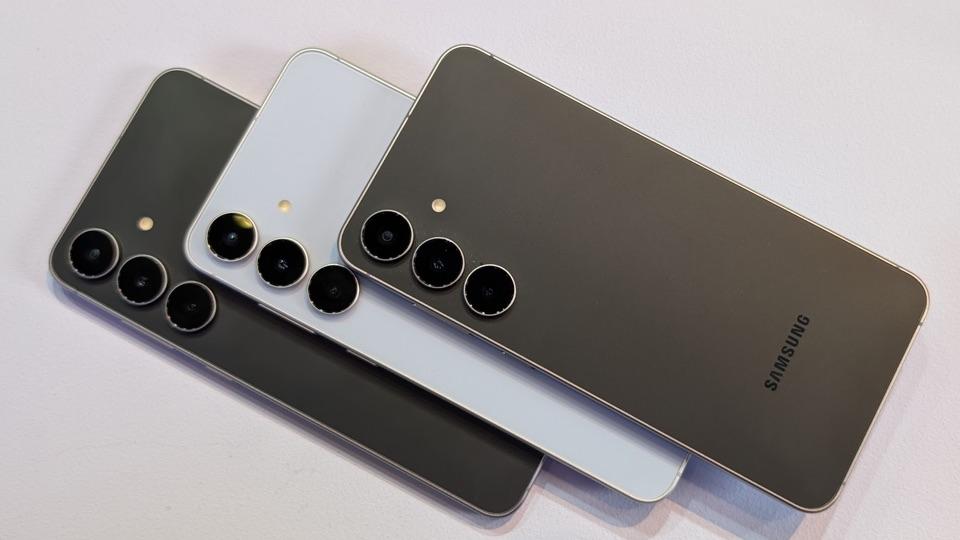This tracking has now started.
getty
Republished on September 28 with new Gemini privacy warning as another integration leaks — this time with Google Photos.
A new warning has just been issued for 2 billion Chrome users, as Google’s browser begins collecting “sensitive data” on smartphones. That includes “your name, location, device ID, browsing and search history, product interactions, and purchase history.”
This follows Google’s announcement that “starting today, we’re rolling out Gemini in Chrome,” which it says is “the biggest upgrade to Chrome in its history.”
The warning comes from Surfshark, which “instantly investigated the user privacy angle of AI browsers” after Google’s announcement. “If you use Chrome together with Gemini on your phone, they collect 24 different data types directly linked to you.”
This is more than any of the other “analyzed browsers with integrated agentic AIs,” Surfshark says. Even Microsoft’s Edge “is less data-hungry.” In combination with Copilot, it collects only half as much data as Chrome and Gemini.
Perplexity, Opera and Brave all collect less data. “With the Gemini-in-Chrome integration,” Surfshark says, “users should be aware of the amount of data collected.”
And it doesn’t stop there. “Many browsers, such as Chrome, Edge, and Firefox, allow users to add agentic AI extensions like ChatGPT. While these tools are undeniably useful, installing them can expose additional personal data to third-party companies.”
We’ve seen multiple reports in recent months into the data harvesting attributed to browser extensions, even those downloaded from the official stores.
“Gemini in Chrome works with you, on your terms,” Google says. “It assists only when you ask, putting you in control.” If you do ask, though, your information is collected.
This new data harvesting warning — including location tracking — comes at the same time as a separate report warns that Google’s other major Gemini upgrade this month — Nano Banana — is also greedy when it comes to feeding on user data.
Now Android Authority reports that “Google may be working on bringing Nano Banana, Gemini’s popular image editing tool, to Google Photos. We’ve uncovered a GIF for a new ‘Create’ feature in the Google Photos app, suggesting it’ll use Nano Banana inside the app. It’s unclear when the feature will roll out.”
Data hungry AI browsers
Surfshark
Warnings that Nano Banana collects an alarming amount of user data and its potential integration into mainstream Google platforms used by billions raises the same concerns as Chrome and Gemini and similar data harvesting reports.
Point Wild warns “every photo you upload carries what cybersecurity experts call a biometric fingerprint: your unique facial geometry, skin texture, micro-expressions, body proportions, even behavioral patterns like how you hold your phone or typical photo angles.” This data includes “GPS coordinates, device fingerprinting, behavioral biometrics and even social network mapping.
Separately, Apple has now made its anti-fingerpringing technology the default for all Safari browsing in iOS 26. But you need to use its own browser to make that work. If you use Chrome on an iPhone there’s no defense. Which is why Apple is also warning iPhone users to stop using Chrome and use Safari instead.
“Gemini in Chrome activates only when you choose to use it,” Google says, “via clicking on the Gemini icon or the keyboard shortcut that you set up. It assists on your terms, stepping in only when you ask.” Something to bear in mind, given this new report.
As Gemini comes to more Google apps and platforms, your control over privacy and data collection must simplify — it’s a mess, with different policies for different implementations. Google warns users not to share sensitive information with Gemini
You can go to “Gemini Apps Activity” and stop Google saving data for more than 72 hours. When you get the Gemini in Chrome upgrade, you can go to Settings > AI innovations > Gemini in Chrome. You can also manage sensitive permissions in the Chrome settings on to your phone, adjusting location or camera access, for example.
Temper your expectations, though. Using Gemini in Chrome collects your data — there’s nothing you can do to fully opt out. You should beware of this as you browse.
Point Wild warns “powerful AI tools like Nano Banana come ‘free’ because you’re not the customer, you’re the product. Your biometric data, behavior and creative choices generate exponentially more value than the cost to produce your glossy 3D figurine.”
It’s the same with these other AI upgrades. “Millions have willingly surrendered their biometric essence to algorithms and unknown hands. This uncontrolled experiment on human privacy has no ‘undo’ button.” These tools “come ‘free’ because you’re not the customer, you’re the product,” Point Wild says.
I have reached out to Google on the Surfshark and Point Wild reports.









